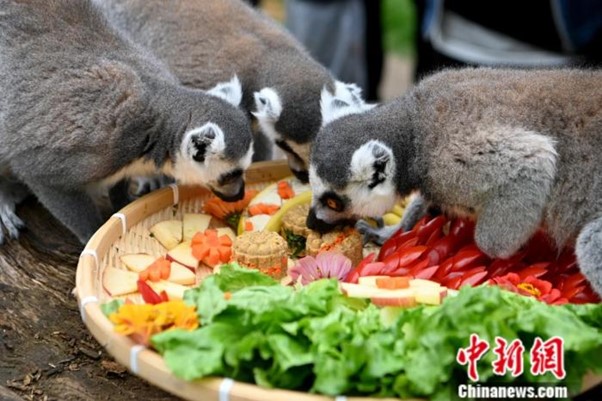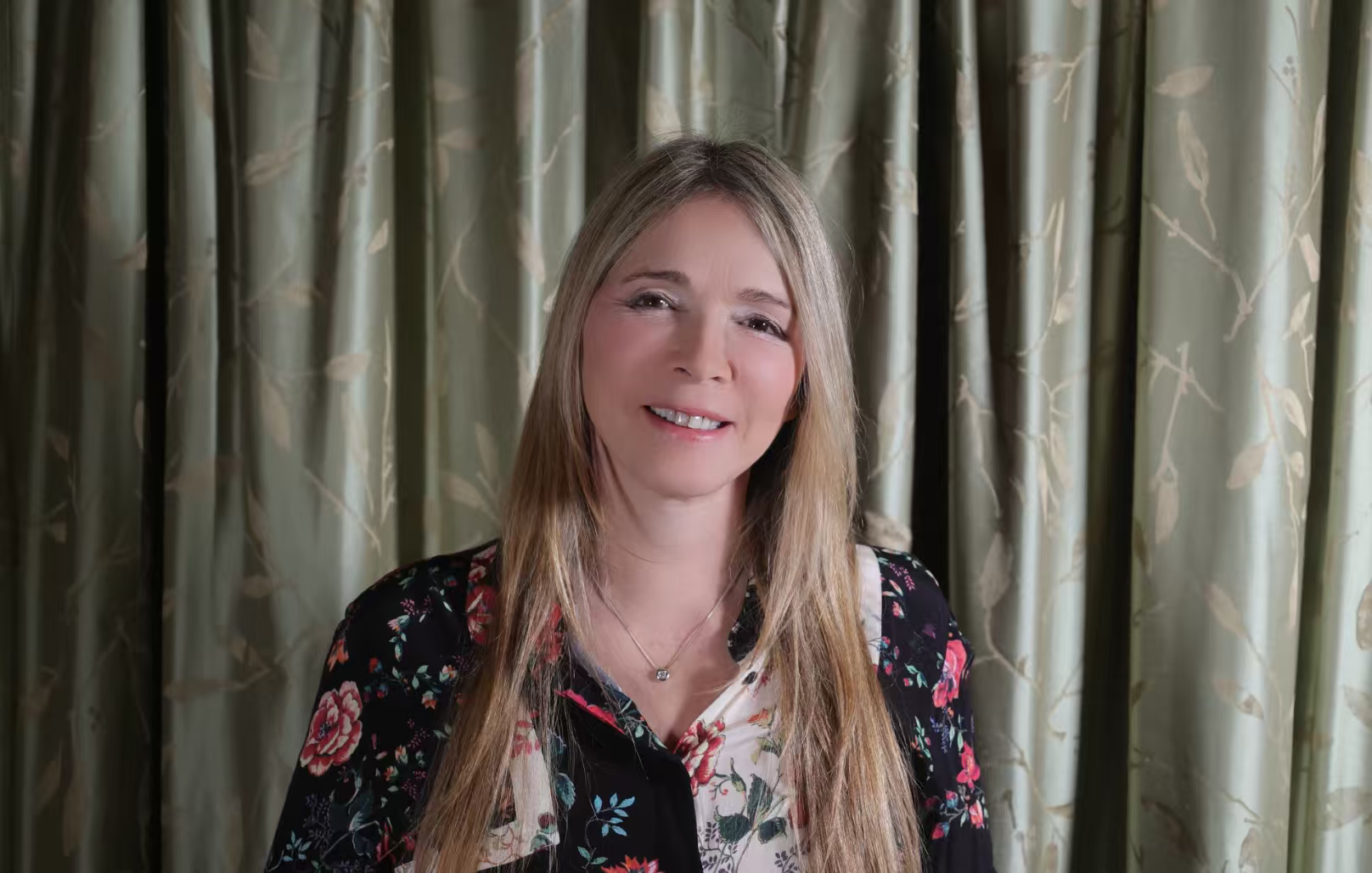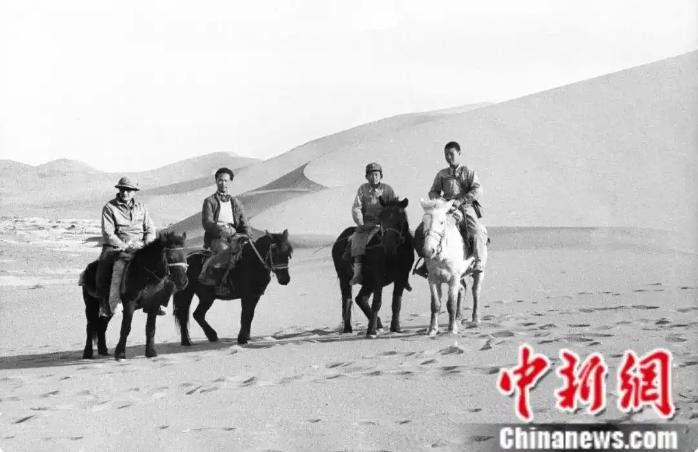East Meets West talks with Peter Singer the author of Animal Liberation to discuss the interaction between AI and animal ethics.
Currently, the reach of AI has expanded from humans to animals. Can AI ethics cross species boundaries? What do humans need to be wary of AI? How can East and West respond to the challenges posed by AI through exchange and cooperation? Peter Singer, one of the founders of Practical Ethics, a professor at Princeton University, and the author of Animal Liberation, was recently interviewed exclusively by East Meets West to explain.

Peter Singer, born in Melbourne, Australia in 1946, is a contemporary world-renowned philosopher, one of the founders of Practical Ethics, a former president of the International Ethics Society, an advocate of the World Animal Protection Movement, and one of the renowned scholars concerned with and addressing global poverty. His representative works include Animal Liberation, Pratical Ethics, Rethinking Life and Death: The Collapse of Our Traditional Ethics, and One World: The Ethics of Globalisation.
When did animal ethics originate? How does animal ethics differ between East and West?
More than two thousand years before the West extended its ethics to species other than humans, Eastern Buddhism had already admonished the world to be compassionate towards all things.
Confucianism pays relatively little attention to animals, and this is because in the Confucian and Mencius Way, there is a sequence of human responsibilities. First, one is responsible for one’s family, neighbours and fellow human beings, after which it is the turn of the animals.
It is widely believed in the West that the ancient Greek philosopher Pythagoras was a vegetarian. This has been mentioned in some fragments written by the Greek writer Plutarch and in a treatise written by the Neoplatonist Porphyry.
Ancient Hebrew is one of the major sources of Western culture. The Hebrew Bible contains some teachings of kindness to animals, such as allowing cattle to rest on the Sabbath day. However, it is also argued that this rule was not for the benefit of cattle.
Christianity holds that God created humans in his image to the exclusion of other animals and gave humans the power to dominate them. Especially under the interpretation of the Western philosopher Thomas Aquinas, the Christian view is even harsher, denying outright that humans have any responsibility or obligation to animals.
Although history seems to point to the origins of animal ethics in the East, modern animal ethics emerged in the West in the second half of the twentieth century. Modern animal ethics is an important part of the revival of applied ethics, which favours the application of ethics to practical issues in everyday life, such as the ethical discussion of dietary choices.
The study of animal ethics is booming in the West today. Most Western philosophy departments have set up courses on practical ethics, and most of them will deal with the field of animal ethics. Meanwhile, a large number of books related to animal ethics have been published in the West, further enriching the research content in this field. More importantly, these academic results have had a profound impact on people’s eating habits. For example, more and more people are choosing to become vegetarians.
In China, the teaching of animal ethics is not as popular as in the West for the time being. At the research level, even if some courses mention Buddhist thought, academic discussions on animal ethics are not as enthusiastic as in the West. At the public level, China’s current concern for animals focuses mainly on dogs and cats. However, the number of these pets pales in comparison to the number of animals that are used as food for humans.
It is expected that in the future, through strengthening the interaction between scholars, teachers and students from the East and the West, the East and the West will be able to better learn from each other’s excellent ideas and jointly promote the popularisation and development of animal ethics.

Animal Liberation is considered to be the beginning of the animal liberation movement. From the publication of the book in 1975 to the present day, what are your new thoughts on animal protection?
The publication of Animal Liberation was widely discussed and inevitably met with some opposition. These objections, however, were not sufficient to shake the basic ethical views I put forward in 1975.
I am heartened by the number of philosophers from other schools of ethics who now share my view that there is nothing moral about the way humans treat animals. Christine Korsgaard, a contemporary authority on Kantian ethics and a professor of philosophy at Harvard University, is one of them, as well as Martha Nussbaum, an American philosopher who was influenced by Aristotle’s theories. Of course, there are also Buddhist thinkers, such as Venerable Shih Chiu Hwee, who strongly oppose the raising and slaughtering of animals.
However, over the past 50 years, there has not been a massive improvement in the way humans treat animals, and this issue made me realise that I should be more pragmatic. Since ethical arguments cannot motivate the majority of people to choose a vegan lifestyle, perhaps a more practical approach would be to call for a minimal consumption of animal products, especially avoiding products from industrial farming as well as factory animal agriculture. This type of intensive farming is an ethical disaster of the worst kind, with extreme exploitation of huge numbers of animals.
Last year, I explored these issues in detail in my newly revised book Animal Liberation: Now. The book will be released in Chinese translation in the coming months, and I look forward to further promoting public attention to these issues.

How do you see the impact of artificial intelligence on the world? Can AI ethics cross species boundaries?
Where the current ethical exploration of AI falls short is in its failure to cross species boundaries.
Artificial intelligence is already having a profound effect on animals, an obvious example being self-driving cars. These vehicles are designed to avoid hitting pedestrians and large animals like deer to avoid damage to the vehicle, as well as avoiding dogs and cats as much as possible, as running over such beloved animals could be a social cause for concern. However, do self-driving cars also actively avoid smaller animals like squirrels or birds? At the moment, there doesn’t seem to be evidence that they do.
Artificial intelligence is now beginning to be used in industrial animal farming, and if it becomes widespread, it could affect the survival of tens of billions of vertebrates. However, if the developers of AI fail to uphold the ethic of caring for all sentient beings, AI is likely to merely maximise corporate profits while completely ignoring the current state of animal survival. For example, some companies may use AI to increase breeding densities.
I believe that AI ethics should break through species boundaries and focus equally on the interests of all sentient beings. However, the realisation of this goal depends on a number of factors, including the ethics of developers, the attitude of government regulators, and the willingness of consumers to take action and boycott products that harm the interests of animals.

What vigilance does humanity need to maintain in the face of rapid advances in artificial intelligence?
We need clear and strict ethical norms for AI. As I mentioned earlier, these norms must cover the interests of all sentient beings, even AI itself – if in the future AI will indeed develop an autonomous consciousness, as some have speculated.
An ethical code for AI must comprehensively cover a wide range of ethical issues. At present, there is widespread concern that AI may trigger mass unemployment and that it may carry a bias against women and minority groups.
If a super artificial intelligence that is smarter than human beings is developed in the future, it needs to be ensured that it not only protects the interests of human beings, but also takes into account the well-being of all living beings. Otherwise, super AI could pose a dominant threat to humanity and even lead to the demise of human, even all life on Earth.
In view of this, those engaged in the development and operation of artificial intelligence worldwide should strengthen dialogue and cooperation and join hands to explore cooperative paths. They should avoid vicious competition in the field of AI among enterprises or countries, which would put humankind in an extremely dangerous situation.
If you liked this article, why not read: How can Macao play a ‘platform role’ in promoting cooperation between China and Portuguese-speaking countries?










